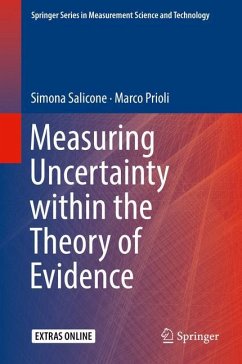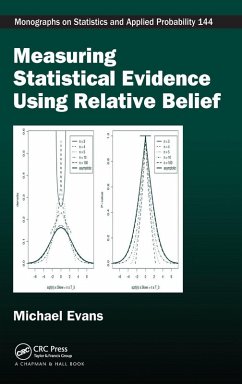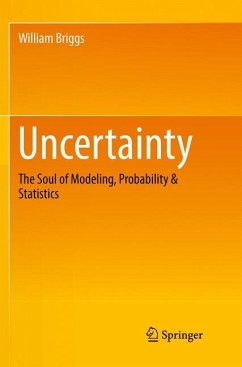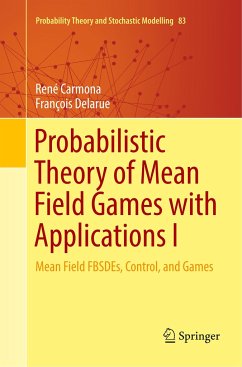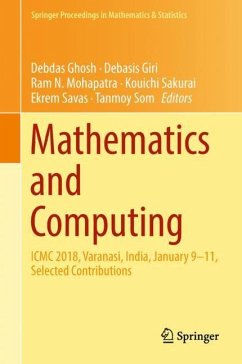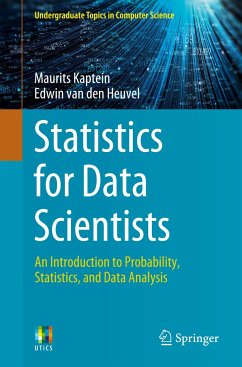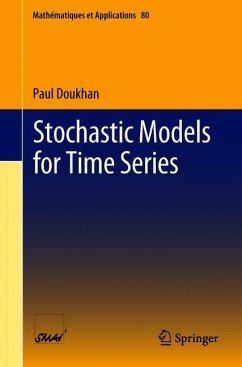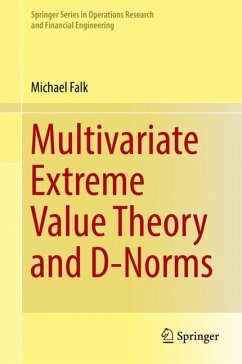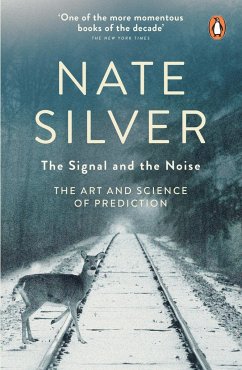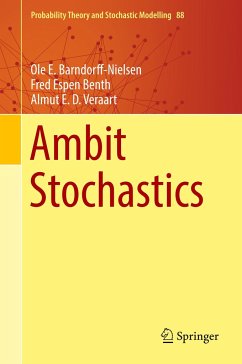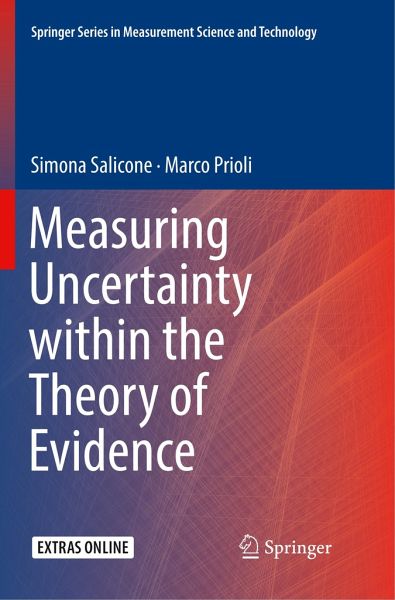
Measuring Uncertainty within the Theory of Evidence
Versandkostenfrei!
Versandfertig in 6-10 Tagen
83,99 €
inkl. MwSt.
Weitere Ausgaben:

PAYBACK Punkte
42 °P sammeln!
This monograph considers the evaluation and expression of measurement uncertainty within the mathematical framework of the Theory of Evidence. With a new perspective on the metrology science, the text paves the way for innovative applications in a wide range of areas. Building on Simona Salicone's Measurement Uncertainty: An Approach via the Mathematical Theory of Evidence, the material covers further developments of the Random Fuzzy Variable (RFV) approach to uncertainty and provides a more robust mathematical and metrological background to the combination of measurement results that leads to...
This monograph considers the evaluation and expression of measurement uncertainty within the mathematical framework of the Theory of Evidence. With a new perspective on the metrology science, the text paves the way for innovative applications in a wide range of areas. Building on Simona Salicone's Measurement Uncertainty: An Approach via the Mathematical Theory of Evidence, the material covers further developments of the Random Fuzzy Variable (RFV) approach to uncertainty and provides a more robust mathematical and metrological background to the combination of measurement results that leads to a more effective RFV combination method.
While the first part of the book introduces measurement uncertainty, the Theory of Evidence, and fuzzy sets, the following parts bring together these concepts and derive an effective methodology for the evaluation and expression of measurement uncertainty. A supplementary downloadable program allows the readers tointeract with the proposed approach by generating and combining RFVs through custom measurement functions. With numerous examples of applications, this book provides a comprehensive treatment of the RFV approach to uncertainty that is suitable for any graduate student or researcher with interests in the measurement field.
While the first part of the book introduces measurement uncertainty, the Theory of Evidence, and fuzzy sets, the following parts bring together these concepts and derive an effective methodology for the evaluation and expression of measurement uncertainty. A supplementary downloadable program allows the readers tointeract with the proposed approach by generating and combining RFVs through custom measurement functions. With numerous examples of applications, this book provides a comprehensive treatment of the RFV approach to uncertainty that is suitable for any graduate student or researcher with interests in the measurement field.





